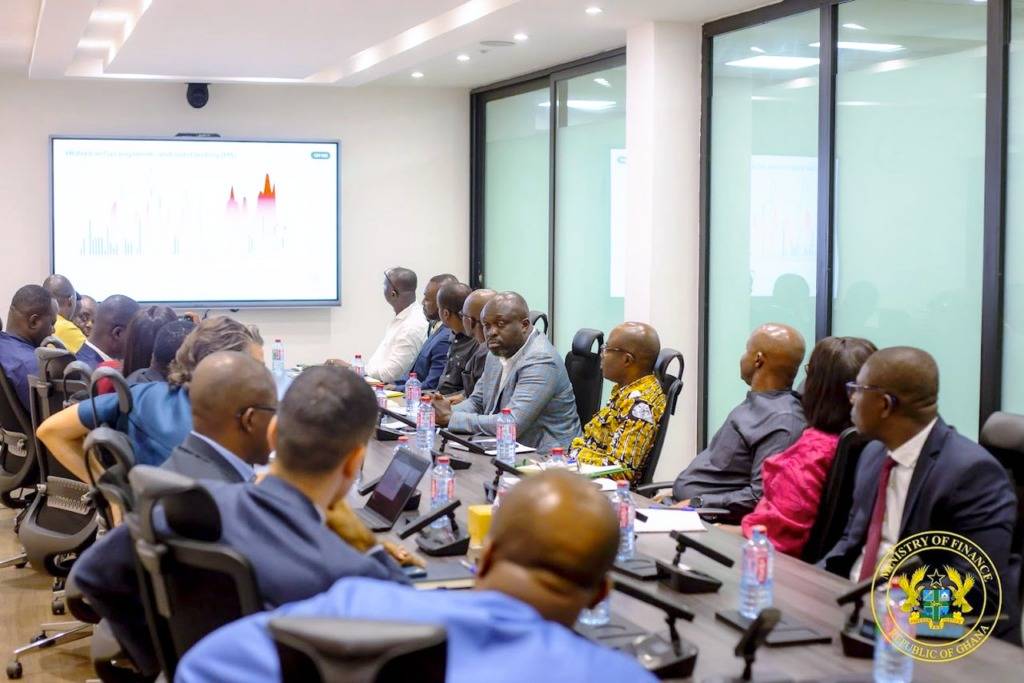Ghana to Pay $1.1 Billion to ENI for Gas Supply in 2025
The Ghanaian government will need to mobilize $1.1 billion in 2025 to settle its financial obligations to ENI for gas supply. This amount covers monthly invoices, Letter of Credit (LC) replenishments, and outstanding arrears. During a meeting with ENI officials, Finance Minister Dr. Cassiel Ato Forson and Energy Minister John Jinapor reaffirmed the government’s commitment to maintaining a stable gas supply despite the financial strain on the energy sector. Dr. Forson attributed the debt burden to the previous administration’s failure to meet its obligations, which has left the current government responsible for both clearing old debts and making new payments. He emphasized that the country’s energy challenges are a direct result of these past financial missteps.
Currently, Ghana’s energy sector is under immense financial pressure, with the nation’s monthly energy costs amounting to GH¢2.5 billion. Fuel and power generation alone consume GH¢1.9 billion, while the Electricity Company of Ghana (ECG) collects only GH¢1.3 billion, leaving a monthly deficit of GH¢1.2 billion. To address this issue, the Finance and Energy Ministries, along with the Ghana National Petroleum Corporation (GNPC), plan to conduct a thorough review of the energy sector’s liabilities. This review aims to identify sustainable solutions for managing the country’s growing energy debt while ensuring an uninterrupted power supply. The Finance Minister expressed frustration over the inherited financial burden but reassured Ghanaians of the government’s commitment to stabilizing the sector.
Dr. Forson acknowledged that while the financial strain is significant, the government remains dedicated to clearing arrears and sustaining energy supply. He urged citizens to recognize the long-term consequences of past economic decisions, as the current challenges are rooted in financial mismanagement by previous administrations. The government’s primary focus is to stabilize the energy sector while working towards a long-term plan that ensures financial sustainability. As Ghana navigates these economic challenges, efforts to secure funding, improve efficiency in revenue collection, and implement reforms will be critical to maintaining energy sector stability and supporting economic growth.




No comments yet
Be the first to share your thoughts!